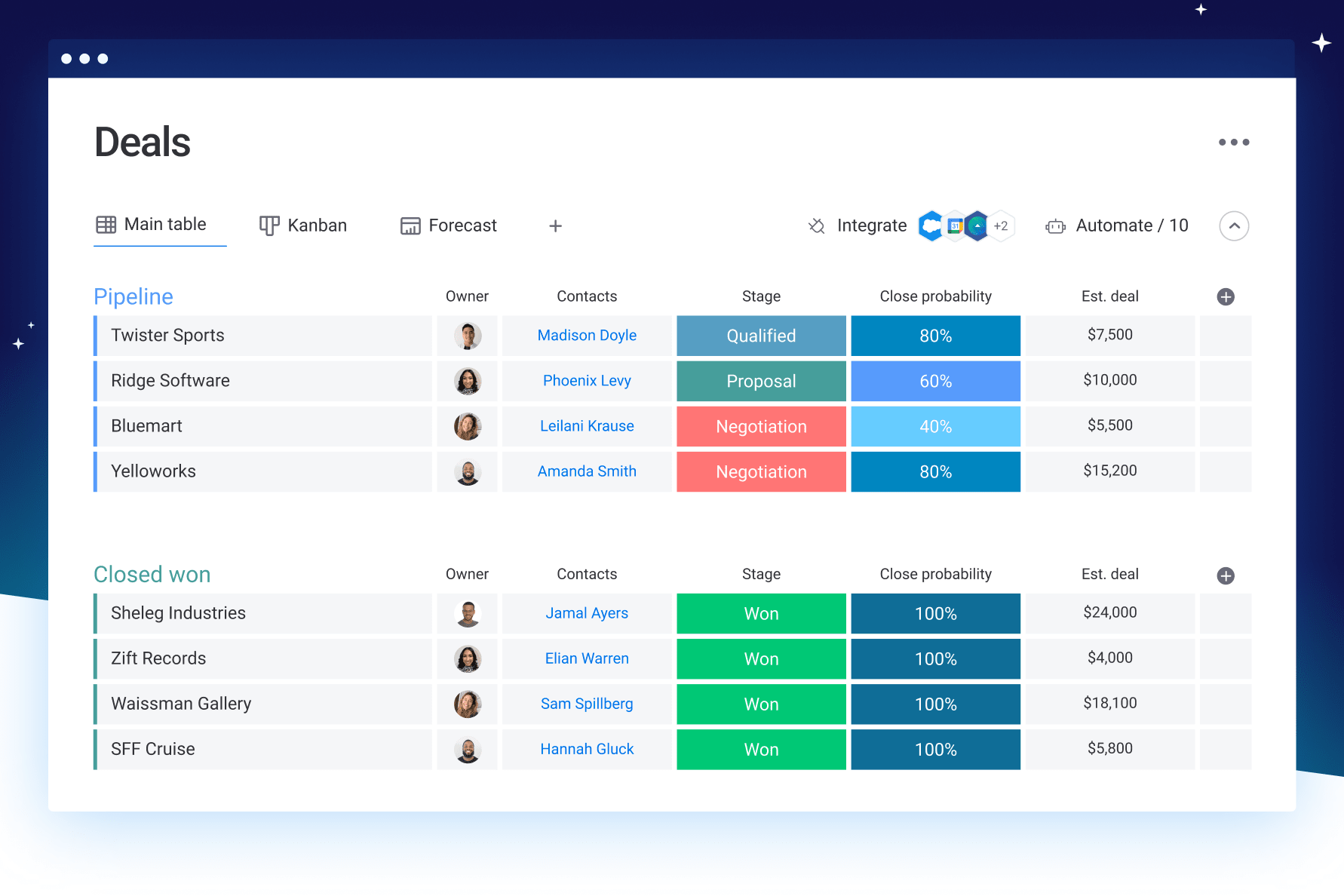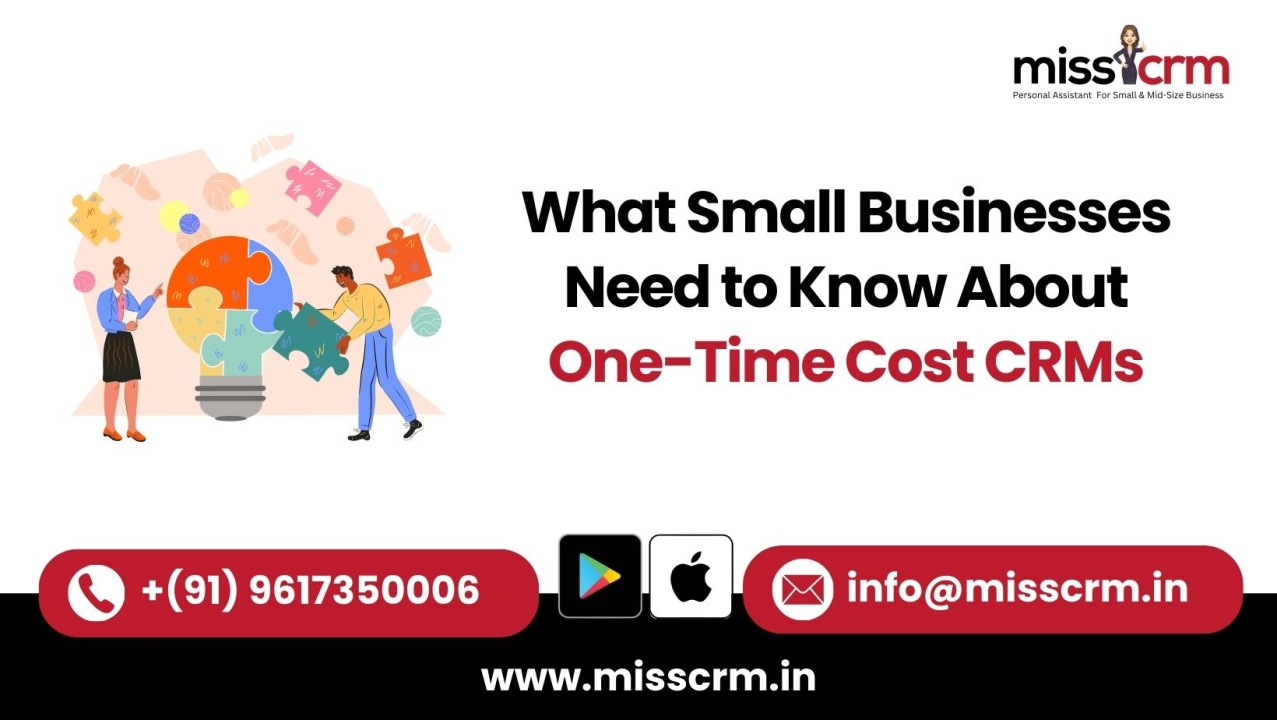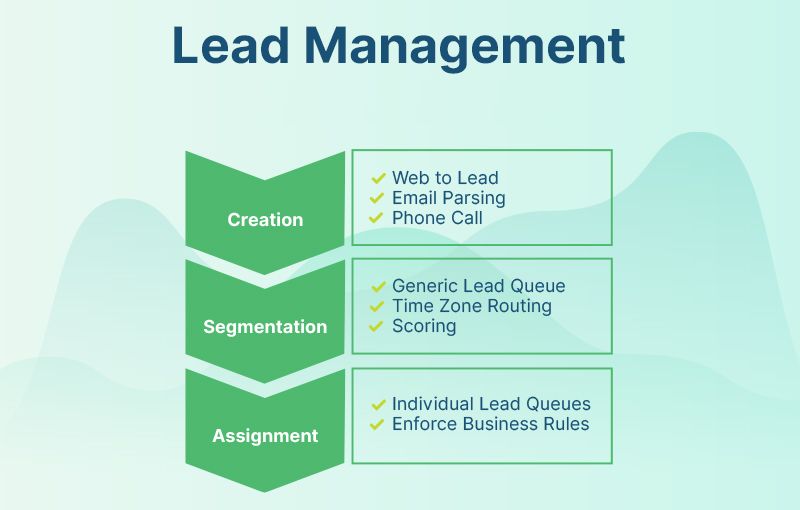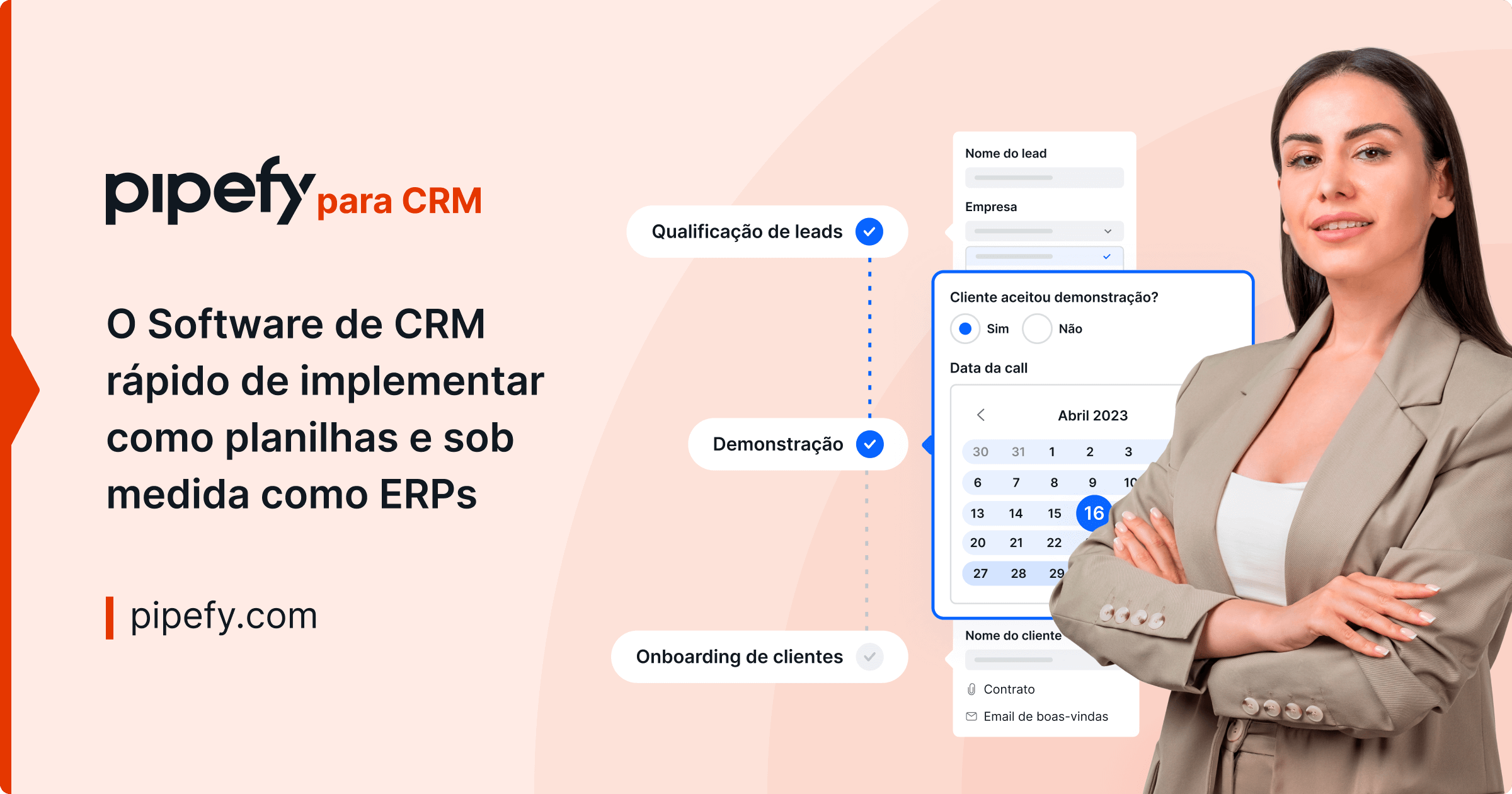Unlocking Artisan Excellence: The Ultimate CRM Guide for Small Craft Businesses
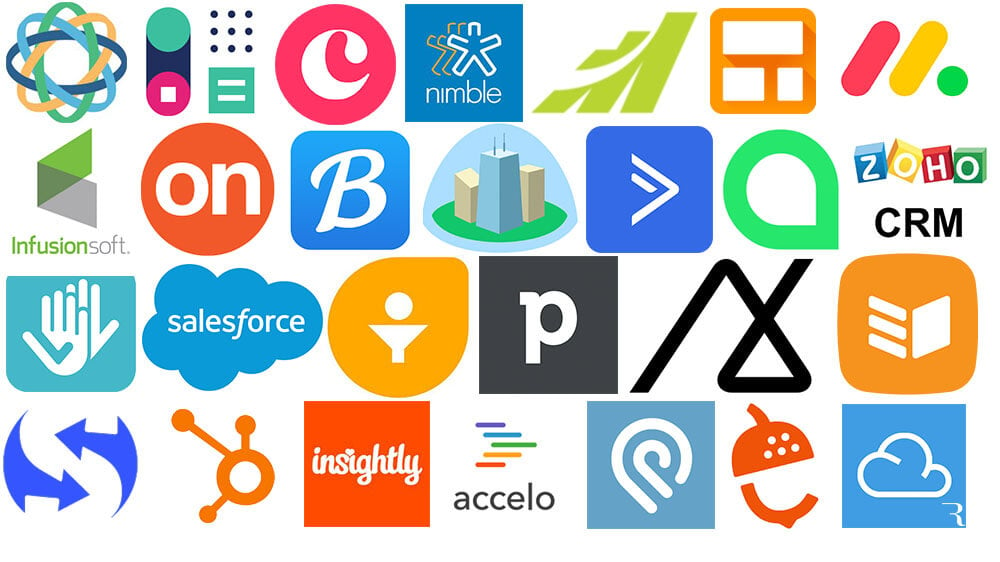
Introduction: The Heart of Craft, the Power of CRM
The world of small artisans is a vibrant tapestry woven with passion, skill, and dedication. From handcrafted jewelry to bespoke furniture, these creators pour their hearts into their work. But behind every beautiful creation lies the often-overlooked challenge of running a business. Managing customer relationships, tracking orders, and marketing effectively can be overwhelming, especially for those who are more comfortable with a chisel than a spreadsheet. That’s where a Customer Relationship Management (CRM) system comes in. This guide is designed to help small artisans navigate the CRM landscape and find the perfect tool to streamline their operations, boost sales, and nurture those precious customer connections.
Choosing the right CRM is like selecting the perfect wood for a project – it needs to fit your specific needs and goals. This guide will break down the essential features to look for, explore some of the best CRM options tailored for small artisan businesses, and offer tips on how to implement and leverage these tools to their fullest potential. Get ready to transform your craft business from a labor of love into a thriving enterprise!
Why Small Artisans Need a CRM: Beyond the Basics
You might be thinking, “I’m a one-person show, do I really need a CRM?” The answer, in most cases, is a resounding yes! While a simple spreadsheet might suffice in the early days, as your business grows, so does the complexity of managing your customer interactions. Here’s why a CRM is invaluable for small artisans:
- Centralized Customer Data: No more scattered notes, emails, and spreadsheets. A CRM consolidates all customer information – contact details, purchase history, communication logs, and preferences – in one easily accessible place.
- Improved Customer Service: With a complete view of each customer, you can personalize interactions, anticipate their needs, and provide exceptional service. This leads to increased customer satisfaction and loyalty.
- Streamlined Sales Process: CRM systems help you track leads, manage quotes, and automate follow-ups, making it easier to close deals and generate revenue.
- Efficient Marketing: Segment your customer base, create targeted marketing campaigns, and track their effectiveness. CRM systems help you reach the right customers with the right message at the right time.
- Time Savings: Automate repetitive tasks, such as sending invoices and follow-up emails, freeing up your time to focus on what you love – creating your craft.
- Data-Driven Decisions: Gain insights into your sales trends, customer behavior, and marketing performance. This data empowers you to make informed decisions and optimize your business strategy.
In essence, a CRM acts as your business’s central nervous system, connecting all the different parts and helping you work smarter, not harder.
Essential CRM Features for Small Artisan Businesses
Not all CRM systems are created equal. Here are the key features that small artisans should prioritize when choosing a CRM:
1. Contact Management
This is the foundation of any CRM. Look for a system that allows you to:
- Store detailed customer information: Name, contact details, address, social media profiles, and any other relevant information.
- Organize contacts: Segment your customers based on various criteria, such as purchase history, interests, location, or source.
- Track communication: Log all interactions with each customer, including emails, phone calls, and meetings.
2. Sales Pipeline Management
This feature helps you visualize and manage your sales process. Look for a system that allows you to:
- Create and track leads: Identify potential customers and track their progress through your sales pipeline.
- Manage deals: Track the status of each deal, from initial contact to closing.
- Automate follow-ups: Schedule automated emails and reminders to keep your sales process moving forward.
3. Email Marketing Integration
Email marketing is a powerful tool for artisans. Look for a system that allows you to:
- Create and send email campaigns: Design and send professional-looking emails to your customers.
- Segment your audience: Target specific customer groups with tailored messages.
- Track email performance: Monitor open rates, click-through rates, and conversions to measure the effectiveness of your campaigns.
4. Order Management
For artisans, order management is critical. Look for a system that allows you to:
- Track orders: Manage orders from start to finish, including order placement, fulfillment, and shipping.
- Generate invoices: Create and send professional invoices to your customers.
- Manage payments: Integrate with payment gateways to process payments securely.
5. Reporting and Analytics
Data is your friend! Look for a system that allows you to:
- Generate reports: Track key metrics, such as sales, revenue, and customer acquisition cost.
- Analyze your data: Gain insights into your business performance and identify areas for improvement.
- Customize dashboards: Create personalized dashboards to monitor the metrics that matter most to you.
6. Integration with Other Tools
Your CRM should integrate seamlessly with other tools you use, such as:
- Email providers: Gmail, Outlook, etc.
- Social media platforms: Facebook, Instagram, etc.
- E-commerce platforms: Etsy, Shopify, etc.
- Accounting software: QuickBooks, Xero, etc.
7. User-Friendly Interface
The best CRM in the world is useless if it’s too complicated to use. Look for a system with an intuitive and easy-to-navigate interface. It should be simple to learn and use, even if you’re not a tech whiz.
Top CRM Systems for Small Artisans: A Curated Selection
Now, let’s dive into some of the best CRM systems tailored for small artisan businesses. This is not an exhaustive list, but it highlights some of the leading contenders, considering factors like affordability, ease of use, and features relevant to craft businesses.
1. HubSpot CRM
Best for: Free, all-in-one solution for startups and small businesses. HubSpot’s free CRM is a powerhouse, offering a surprising amount of functionality without costing a dime. It’s incredibly user-friendly and provides a great foundation for managing contacts, tracking deals, and automating marketing tasks.
Key Features:
- Free Forever: The core CRM features are completely free.
- Contact Management: Store and organize unlimited contacts.
- Deal Tracking: Manage your sales pipeline with ease.
- Email Marketing: Send up to 2,000 emails per month (free).
- Reporting Dashboards: Track key metrics and gain insights.
- Integrations: Integrates with many popular tools.
Pros: Free, easy to use, comprehensive features, excellent support.Cons: Limited features in the free version, can become expensive as your business grows.Pricing: Free plan; paid plans start from around $45/month.
2. Zoho CRM
Best for: Affordable and feature-rich CRM for small businesses. Zoho CRM offers a robust set of features at a competitive price point. It’s a great option for artisans who need a comprehensive CRM without breaking the bank.
Key Features:
- Contact Management: Manage contacts, leads, and accounts.
- Sales Automation: Automate tasks and streamline your sales process.
- Marketing Automation: Create and manage email campaigns.
- Workflow Automation: Automate repetitive tasks.
- Reporting and Analytics: Generate detailed reports.
- Customization: Highly customizable to fit your specific needs.
Pros: Affordable, feature-rich, customizable, good customer support.Cons: Can be overwhelming for beginners, interface can feel cluttered.Pricing: Free plan for up to 3 users; paid plans start from around $14/user/month.
3. Pipedrive
Best for: Sales-focused CRM with a visual pipeline. Pipedrive is designed to help you manage your sales pipeline effectively. Its visual interface makes it easy to track deals and stay organized.
Key Features:
- Visual Sales Pipeline: Drag-and-drop interface for easy deal management.
- Activity Tracking: Schedule and track calls, emails, and meetings.
- Email Integration: Integrate with your email provider.
- Sales Automation: Automate repetitive tasks.
- Reporting and Analytics: Track your sales performance.
Pros: User-friendly, visually appealing, sales-focused, good for solo entrepreneurs.Cons: Can be limited in terms of marketing features.Pricing: Paid plans start from around $14.90/user/month.
4. Freshsales
Best for: Sales-focused CRM with built-in phone and email. Freshsales, part of the Freshworks suite, offers a strong focus on sales with integrated phone and email capabilities. This can be a huge time-saver for artisans who rely heavily on direct communication with customers.
Key Features:
- Built-in Phone and Email: Make calls and send emails directly from the CRM.
- Lead Scoring: Identify your most promising leads.
- Workflow Automation: Automate repetitive tasks.
- Reporting and Analytics: Track your sales performance.
- Customization: Customize the CRM to fit your needs.
Pros: Integrated phone and email, user-friendly, good customer support.Cons: Can be more expensive than other options, limited free plan.Pricing: Free plan for up to 3 users; paid plans start from around $15/user/month.
5. Agile CRM
Best for: All-in-one CRM with marketing automation. Agile CRM provides a comprehensive suite of features, including sales, marketing, and customer service tools, all in one platform, making it a good choice for artisans who want a holistic approach to managing their business.
Key Features:
- Contact Management: Manage contacts, leads, and accounts.
- Sales Automation: Automate tasks and streamline your sales process.
- Marketing Automation: Create and manage email campaigns.
- Helpdesk: Manage customer support tickets.
- Reporting and Analytics: Generate detailed reports.
Pros: All-in-one solution, affordable, good for small businesses.Cons: Interface can feel dated, limited integrations.Pricing: Free plan for up to 10 users; paid plans start from around $9.99/user/month.
Choosing the Right CRM: A Step-by-Step Guide
Selecting the perfect CRM can feel like a daunting task. To make the process easier, follow these steps:
1. Define Your Needs and Goals
Before you start comparing CRM systems, take some time to clarify your business needs and goals. Ask yourself:
- What are my biggest challenges? Are you struggling with customer communication, order management, or marketing?
- What are my priorities? Do you need a system that focuses on sales, marketing, or customer service?
- What features are essential? Do you need contact management, email marketing, order management, or reporting?
- What is my budget? How much are you willing to spend on a CRM system?
- How many users will need access? Will it be just you, or will you have employees using the system?
Answering these questions will help you narrow down your options and find a CRM that’s a good fit for your business.
2. Research and Compare Options
Once you know your needs, start researching different CRM systems. Read reviews, compare features, and consider pricing. Take advantage of free trials to test out the systems and see how they work for you.
Here’s a checklist of things to consider when comparing options:
- Features: Does the CRM offer the features you need?
- Ease of Use: Is the interface intuitive and easy to navigate?
- Integrations: Does it integrate with other tools you use?
- Pricing: Is it affordable and within your budget?
- Customer Support: Does the vendor offer good customer support?
- Scalability: Can the CRM grow with your business?
3. Test Drive the CRM
Before committing to a CRM, take advantage of free trials to test it out. This is your chance to see how the system works in practice and whether it meets your needs. Try importing some of your customer data, creating a sales pipeline, and sending out a test email campaign. Pay attention to the user experience and whether the system feels intuitive and easy to use.
4. Implement the CRM
Once you’ve chosen a CRM, it’s time to implement it. This involves importing your customer data, configuring the system, and training your team (if applicable). The implementation process can vary depending on the complexity of the CRM, but most vendors offer resources and support to help you get started. Take your time, and don’t be afraid to ask for help.
5. Train Your Team (If Applicable)
If you have employees, it’s essential to train them on how to use the CRM. Provide clear instructions, create user guides, and offer ongoing support. The more your team understands how to use the CRM, the more effective it will be.
6. Monitor and Optimize
Once your CRM is up and running, it’s important to monitor its performance and make adjustments as needed. Track key metrics, such as sales, customer satisfaction, and marketing effectiveness. Use this data to identify areas for improvement and optimize your CRM strategy. Regularly review your CRM setup and make adjustments to ensure it continues to meet your evolving needs.
Maximizing Your CRM: Tips for Artisan Success
Implementing a CRM is just the first step. Here are some tips to help you maximize its potential and achieve success as an artisan:
1. Keep Your Data Clean and Up-to-Date
A CRM is only as good as the data it contains. Make sure to keep your customer information clean and up-to-date. Regularly review your contact data, correct any errors, and remove any outdated information. This will ensure that your marketing efforts are targeted and effective.
2. Use Segmentation to Personalize Your Marketing
Segmenting your customer base allows you to create targeted marketing campaigns that resonate with specific customer groups. For example, you can segment your customers based on their purchase history, interests, or location. This allows you to send personalized emails, offers, and promotions that are more likely to convert.
3. Automate Repetitive Tasks
CRM systems offer a wide range of automation features. Use these features to automate repetitive tasks, such as sending invoices, follow-up emails, and thank-you notes. This will free up your time to focus on more important tasks, such as creating your craft and building relationships with your customers.
4. Integrate with Your Other Tools
Integrate your CRM with your other tools, such as your email provider, social media platforms, and e-commerce platform. This will allow you to streamline your workflow and gain a more complete view of your customers. For example, you can automatically add new contacts from your email sign-up form to your CRM.
5. Track Your Results
Regularly track your results to measure the effectiveness of your CRM strategy. Monitor key metrics, such as sales, customer satisfaction, and marketing effectiveness. Use this data to identify areas for improvement and optimize your CRM strategy.
6. Provide Excellent Customer Service
A CRM is a powerful tool for providing excellent customer service. Use your CRM to track customer interactions, personalize your communications, and anticipate your customers’ needs. This will help you build strong relationships with your customers and increase their loyalty.
7. Stay Consistent
Consistency is key to success with a CRM. Make sure to use the CRM regularly and consistently. The more you use it, the more valuable it will become. Make it a habit to update your customer data, track your sales pipeline, and send out email campaigns.
8. Seek Support and Training
Don’t be afraid to seek support and training from your CRM vendor. Most vendors offer resources, such as online tutorials, webinars, and customer support. Take advantage of these resources to learn how to use your CRM effectively and maximize its potential.
Conclusion: Crafting a Future with CRM
For small artisans, a CRM is not just a tool; it’s a partner in building a successful business. By centralizing customer data, streamlining sales processes, and automating marketing efforts, a CRM empowers artisans to focus on what they do best – creating beautiful, handcrafted items.
The journey of selecting and implementing a CRM may seem daunting at first, but the benefits – increased sales, improved customer relationships, and more free time – are well worth the effort. By following the guidance in this article, small artisans can choose the right CRM, implement it effectively, and leverage its power to transform their craft businesses into thriving enterprises.
So, embrace the power of CRM, and watch your artisan business flourish. The perfect CRM is out there, waiting to help you craft a future of success, one beautiful creation and happy customer at a time.


